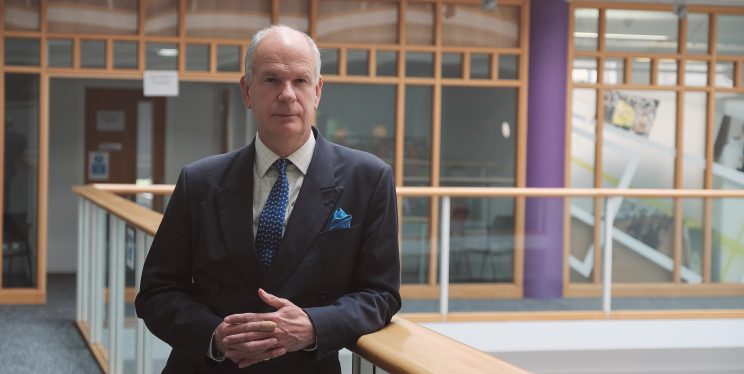PCC Statement on Ep 2 of To Catch a Copper

I want to address the broadcast of the second episode of the To Catch A Copper documentary on channel 4 this week.
The focus of this episode was policing complaints related to race, in cases involving the use of force on a woman arrested on a bus, a stop and search of a young man and a man who was unwell in custody after being arrested. All cases were in Bristol.
I sat and watched this at a screening with Chief Constable Sarah Crew, policing commander for Bristol Mark Runacres and a room of stakeholders from communities and organisations across Avon and Somerset.
It was difficult viewing, probably more challenging than the first episode. Despite this, and the tough conversations and feedback I heard from many of the stakeholders in that screening, including some people from our black and minoritised communities, there was a sense of positivity about these conversations are happening.
I want to re-iterate my full support of the Chief Constable’s courageous decision to take this transparent approach by opening up her service up to public scrutiny in issues of police conduct that affect every service in England and Wales and are regularly in the media spotlight.
I also support the Chief Constable’s decision to declare institutional racism and her leadership in stepping forward to oversee the delivery of crucial recommendations that came out of Desmond Brown’s Identifying Disproportionality in the Criminal Justice System Report . The police service in Avon and Somerset has made significant progress with work in this area as well as additional work under the national Police Race Action Plan (PRAP) and my office is working with the wider criminal justice partners to achieve progress.
The police must police without fear or favour, but crucially with consent within all the communities they serve. However, they must actively strive to understand those communities better.
I hold the Chief Constable to account for the standards and culture of the force.
If officers don’t live up to those standards she must have the legal right to remove officers from service. At the time of filming these documentaries this was not the case. I have personally engaged with ministers in Government to push for reform within the police complaints system. This is in progress.
There was lots in the documentary about the role of the Independent Office of Police Conduct (IOPC). This is not something I can influence in my role but I feel strongly its processes should be reviewed and also undergo reform.
Since these incidents happened Avon and Somerset Police has made significant changes to the education, training and vetting regime with a focus on lots of these issues.
I continue to scrutinise the Chief Constable for the delivery of efficient and effective policing for all our communities and when the Constabulary does not deliver I will hold it to account.
